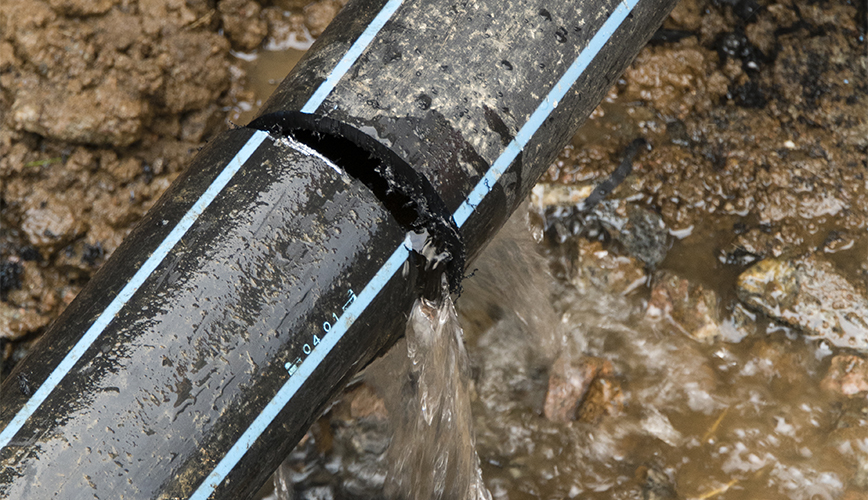Researchers at Stockholm University, KTH and RISE are developing sensor technology to address drinking water losses caused by pipe leaks, aiming to reduce resource waste and enhance water management in complex urban networks.
Led by Professor Viktoria Fodor, the project, funded by Digital Futures, combines computer simulations, mathematical models, and machine learning to map water pathways accurately. By answering key questions about leak locations and contamination sources, the goal is to swiftly minimize drinking water losses and prevent the spread of contaminants. In Sweden, around 18% of drinking water is lost between source and consumer, highlighting the global significance of water loss reduction. In Stockholm, outdated water systems contribute to major issues, but the researchers demonstrate that installing sensors in accessible locations and using smart meters can quickly detect and address problems.
 “One goal is for municipalities to make better decisions about water networks and reduce resource waste. Thanks to modeling using sensor data, we can more easily see what is happening in the pipes and more quickly locate leaks,” says Viktoria Fodor, leader of the research project “Decision-making in Critical Societal Infrastructures”, in this article by Katarina Ahlfort, KTH.
“One goal is for municipalities to make better decisions about water networks and reduce resource waste. Thanks to modeling using sensor data, we can more easily see what is happening in the pipes and more quickly locate leaks,” says Viktoria Fodor, leader of the research project “Decision-making in Critical Societal Infrastructures”, in this article by Katarina Ahlfort, KTH.
The technology, based on big data, not only promises to solve water leak issues but also holds potential for addressing broader water-related challenges, such as efficient water drainage to combat flooding amid increasing extreme weather events. Overall, the project offers a foundation for improved water system monitoring, protection against threats, and potential municipal collaboration opportunities.
Article: Sensor technology finds leaks and tracks contaminants in drinking water
Photo: KTH/Jan Kansanen, Mostphotos





